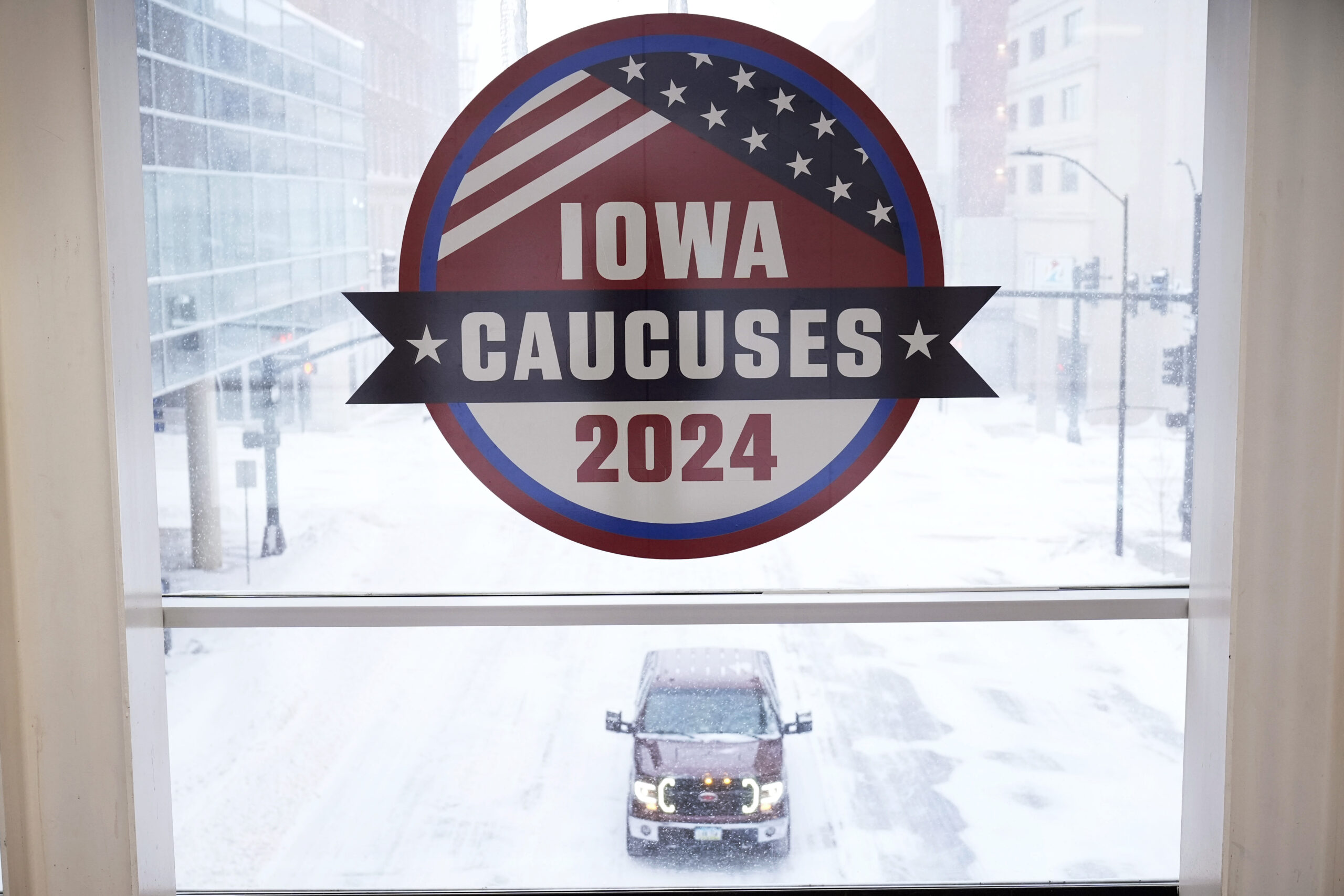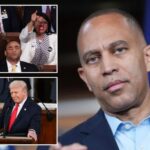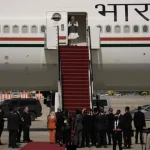

DES MOINES, Iowa – Iowa Democrats are reeling after losing their special status as the first presidential nominating contest, unable to recreate the jolt of excitement and donations that would have accompanied the 2024 kickoff.
Iowa Democratic leaders are preparing for their first election in the middle of the presidential pecking order after the Democratic National Committee voted to remove the Hawkeye State from its early primary calendar slot last winter. The 2024 Democratic presidential primary will officially begin in South Carolina on Feb. 3.
After a botched 2020 caucus and criticism that the state’s racial demographics weren’t representative of the party’s base, the party decided the state was no longer a good predictor of national Democratic elections.
“Many of us are disappointed that, of course, we are not first-in-the-nation here with the Democratic Party, and we think that our voice here in Iowa should be heard as part of that process,” said Rita Hart, the Iowa Democratic Party Chair during a virtual press conference with reporters on Friday.
“For the DNC not to include a state like ours in the middle of the country, that is so accessible, that has done such a good job at vetting presidential candidates over the years, we don’t have that kind of representation.”
This year, Democrats will not host an in-person presidential preference contest like their Republican counterparts and instead will vote by mail with a ballot listing incumbent President Joe Biden, Minnesota Rep. Dean Phillips, author Marianne Williamson, and an option for “uncommitted.” All cards must be postmarked by March 5, which is Super Tuesday.
Hart and Scott Brennan, a member of the DNC’s Rules and Bylaws Committee, said they hope they can convince the party to return the state to a prominent spot in the nominating calendar in 2028, suggesting strong participation in this mail-in election could be the catalyst for that conversation.
The party announced they have started to mail presidential preference cards for this year’s election. About 8,000 Iowa Democrats have requested the cards, which could indicate less enthusiasm than in previous cycles, even with a sitting Democratic president running for reelection. In 2012, when then-President Barack Obama ran for reelection, about 25,000 Iowa Democrats participated in the process.
“It’s a new process,” Hart said. “So we’re bound to have to work really hard at this.”
Democrats in the state are facing an uphill battle after Republicans have recently swept almost every branch of the Iowa government and the state’s congressional delegation.
Only one Democrat holds office statewide, and twice as many Republicans serve in the state legislature as Democrats.
“Being so far behind in the numbers in the House and Senate in Iowa, and the significance of the seats we have to recapture, I don’t see big opportunities for us,” said Tony Bisignano, an Iowa State Democratic senator.
Bisignano believes the decision by the DNC to push the state back on the presidential nominating calendar will have far-reaching consequences.
“The National Party has done a great deal of damage to the Iowa Democratic Party for years, if not decades, to come,” Bisignano said in an interview with the Washington Examiner. “It’s been financially lucrative for us. To raise money, to have the candidates have fundraisers and show up at fundraisers. You know, that’s not happening. And so we’re doing our job, we’re raising money, but we’re having to reinvent how we’re going to do this.”
“Those of us who are elected are seeing the real damage it’s doing to our opportunities and so forth. We’ve got to be able to come up with another plan on how we are going to raise money to at least defend what we have,” he added.
Hart is pushing back against claims the party is not fundraising properly as a result of the changes in 2024.
“I would point out that in recent times, we’ve had a visit from Vice President Kamala Harris. Secretary Pete Buttigieg has been here. We had Sen. John Fetterman (D-PA) here at our big fundraiser in the fall that was so successful. So we’ve been getting that kind of support. But also, President Biden and the National Democrats are making investments here,” she said.
Many local Democrats who spoke with the Washington Examiner said they have not been educated about the new process.
“Democrats that I was speaking with at the capital said they had not been briefed on it, and there was no direction over it,” said a prominent Iowa Democrat who preferred to speak anonymously to reflect candidly on the situation. “I think everyone is like, this is exactly why the Democrats lost the Iowa caucus; they’re unorganized.”
In Iowa, only registered Republicans can participate in the GOP caucus and only in their designated home precinct. However, the state’s Republican Party allows voters to change their party affiliation and register as a Republican on the night of the Iowa caucuses. Some Democratic voters across the state tell the Washington Examiner they plan to switch their party affiliation to participate in the caucuses.
“Look, Democrats here, they want to be involved in the process and I’ve heard a significant amount of my Democratic colleagues tell me that they liked Nikki Haley. And I want to make sure that there is a real, you know, alternative, there is an alternative to Donald Trump,” the same Iowa Democrat said.
President Biden’s campaign is expected to get in on the action on Monday, sending some of his top surrogates to the Hawkeye State to fire up the base. While many Democrats have said they are disappointed to see the traditional caucus go, veteran pollster J. Ann Selzer said she found a different result.
“There’s a sizeable segment of Democrats who didn’t think the caucus process was very democratic, that it was exclusionary because it was held on a particular time on a particular night, and if you couldn’t be there, there was no way for you to participate,” Selzer said in an interview with the Washington Examiner. “They just didn’t like it, they thought a primary would be better, and that would mean Iowa wouldn’t be first, and they were okay with that.”
CLICK HERE TO READ MORE FROM THE WASHINGTON EXAMINER
Hart touched on that point Friday, pointing out how the bitter cold temperatures that could dip to wind chills of -40 below could be a barrier to participation for Republicans this year.
“That’s another reason we are excited about this change in our presidential preference process, because if people are able and willing and can make it to the caucuses, they will go, but some people will not be able to go,” Hart explained. “So, this gives them an assurance that their voices are still going to be heard in the process.”





